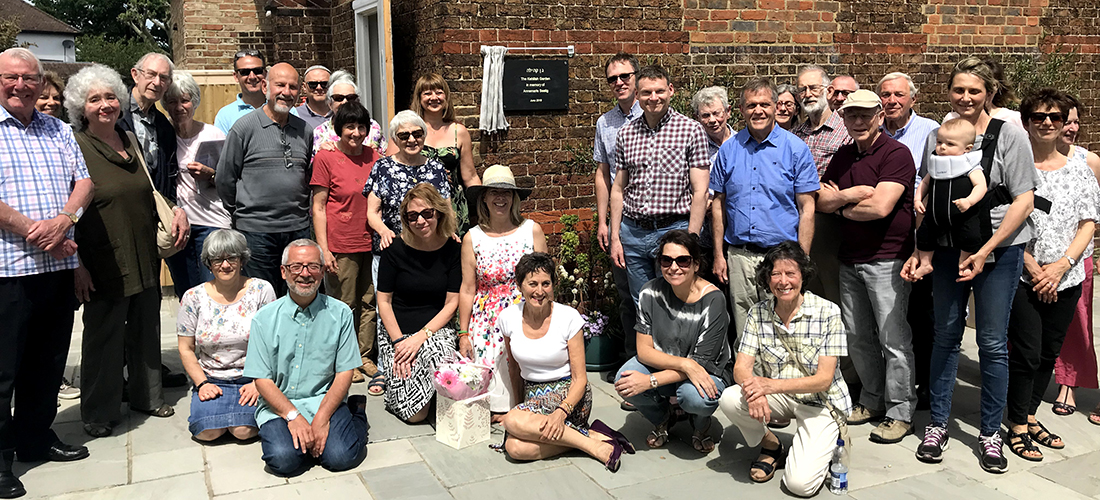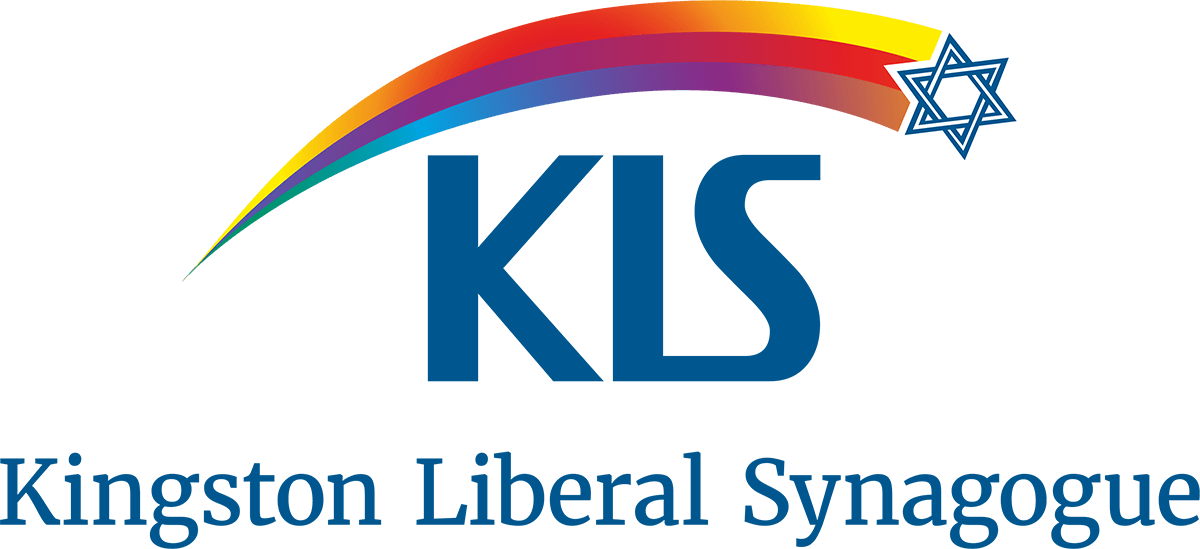What makes a community successful?
In this week’s Torah portion, we read,
The next day, Moses sat to judge the people. And the people stood over Moses from the morning until the evening. Jethro, Moses’ father-in-law saw everything that he, Moses, was doing with the people. And he said, ‘What is it that you are doing with the people? Why are you sitting by yourself and all the people stand over you from morning until evening?’ Moses replied, ‘it is because the people come to me to seek God’… Jethro responded, ‘it is not a good thing that you are doing. You will wither away, both you and the people, as the matter is too arduous for you alone (Exodus 13-18). And Jethro gives this final piece of advice, ‘You shall appoint representatives and share the burden of the community’.
All too often, we feel overwhelmed by the tasks of the community. Jethro’s advice is very simple: share! Don’t do it by yourself, you will soon burn out.
This story raises an important question. What makes a community successful? It is not coincidence for me that this Parasha comes at the end of my sabbatical. Among other things, I’ve been thinking a lot about the notion of success for a community, and how to assess it.
First, the people
First, there are the people. A community is a group of people who come together for a certain purpose, who agree to interweave parts of their lives for something larger than their individuality. These people bring into the community their own life experience, their family dynamics, their hopes and their expectations. Together they create a unique message, which is either appealing or repulsive to the outside world. It all depends on the people.
When I applied to become your Rabbi, I immediately sensed a very positive dynamic at KLS. It is a tribute to KLS’ founding members, what they brought into the community on a personal level, and also the successive Rabbis that enabled this positivity to flourish. And of course, our membership who loved this ethos so much they decided to join and to stay. During the Rabbi’s roadshow, when I asked people, ‘what do you like about KLS’, they often replied, inclusivity, openness and warmth. That’s real, and that’s precious.

Second, the leadership
Second, comes the leadership. Moses’ first model of controlling everything led to his burn-out. One person cannot hold everything, and the lesson taught by Jethro is collaboration. Share the tasks, share the burden! Hierarchical institutions function as long as their leader is strong. Once he or she fades away, the whole system collapses. More and more institutions, businesses and communities adopt a more collaborative model, where people bring their skills and make them available to all.
Once again, that is the model we promote at KLS. The chair, the deputy chair, council members or the rabbi cannot do everything. One person doesn’t hold all the keys, and there is so much added value in brainstorming and putting ideas together. Of course, nothing is perfect in this world, and we would really welcome more volunteers at KLS. But we already have a good team of machers.
Finally, the message
Finally, the message, or the core values of a community. It is not enough to be together, to enjoy our own company, if there is no underlying goal. A group of people without a purpose will eventually wither.
We are part of a larger family that doesn’t shy away from questioning our tradition. In essence, Judaism is progressive and evolutive. Liberal Jews are explorers. We tend to push the boundaries, to reflect on the changes in the society and to adapt. We welcome anyone with good intent who wants to join us. We work together to create a meaningful Jewish life. The risk, of course, is to dilute it into a mishmash that wouldn’t look very Jewish in the end. This is why our tradition is a beacon in our lives. We study it, cherish it, and it informs our decisions. Our Judaism is process Judaism.
After a year or so of online services and activities, we need to think about where we want to go now. Two keywords: creativity and participation. In the coming months, we will rethink our services and festivals in order to make them meaningful, accessible and exciting. More people will be involved in the process, whether by leading services, adding more music, or writing new prayers and poetry.
Have a great week ahead,
Rabbi Rene
